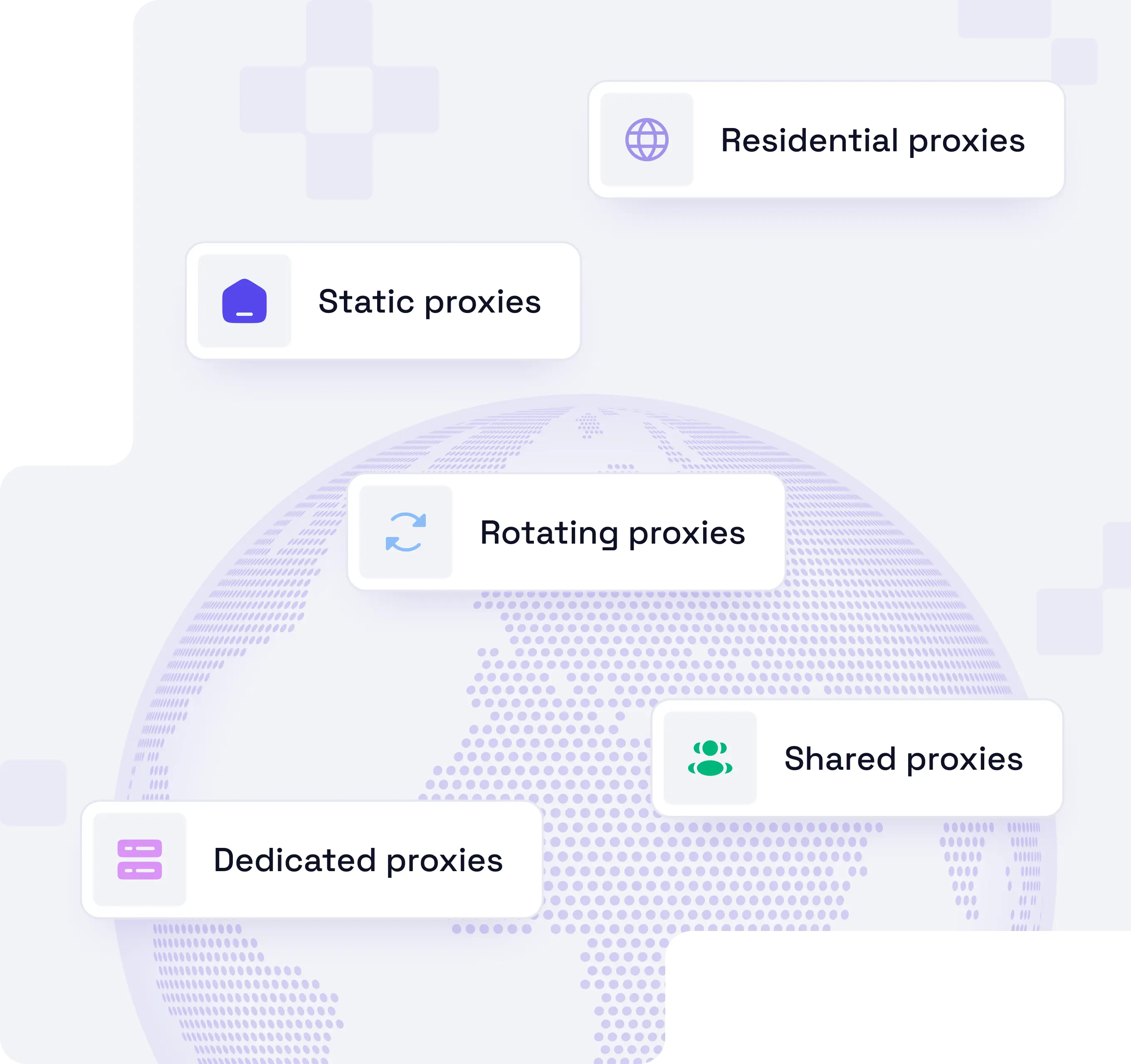How do Telefonica de Espana proxies enable access to Spanish-exclusive online content?
Telefonica de Espana proxies function by assigning users an authentic Spanish IP from the Telefonica de Espana network, which is widely recognized across Spain’s digital infrastructure. This allows for genuine interaction with websites, streaming services, and online applications that are only accessible to users based in Spain. For businesses and individuals wanting to reach Spanish-specific resources, these proxies act as a digital passport, avoiding geo-restrictions imposed by web platforms and media outlets. Their integration ensures compliance with local content licensing and prioritizes seamless session continuity.
Many digital services, such as RTVE, Movistar, or local news portals, enforce strict geo-blocking to protect copyright and regional content. Telefonica de Espana proxies help bypass these restrictions by making client requests appear to originate locally. This tactic is especially useful for advertisers, marketers, and content agencies looking to preview ads, monitor local trends, or perform quality assurance from a Spanish perspective.
Academic institutions and researchers often require access to Spanish e-libraries or region-locked datasets. Telefonica de Espana proxies grant them this access, facilitating broader research scopes and genuine interaction with data unavailable outside Spain. These proxies sustain stable, fast connections that are less likely to be detected or blocked compared to generic datacenter proxies.
Integrated with robust authentication and automatic IP rotation (on residential proxy plans), these proxies provide uninterrupted browsing and high success rates in collecting region-specific data. This is crucial for tasks like price monitoring, brand protection, or checking compliance with Spanish digital markets.
In summary, Telefonica de Espana proxies are indispensable tools for businesses, researchers, and anyone needing reliable access to Spanish-exclusive online content. They facilitate a local digital presence and open up a breadth of possibilities on the Spanish web, otherwise restricted by geographic licensing and access controls.






